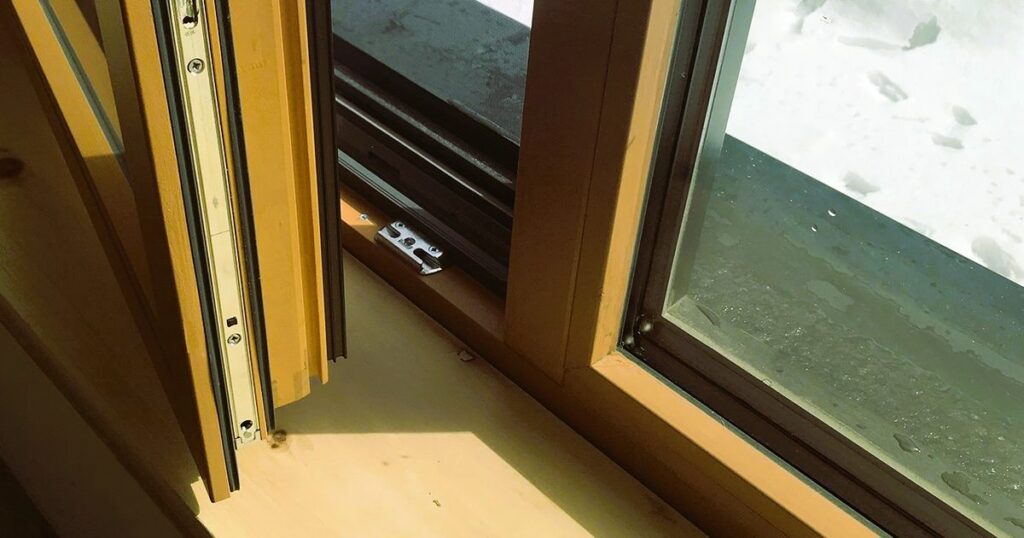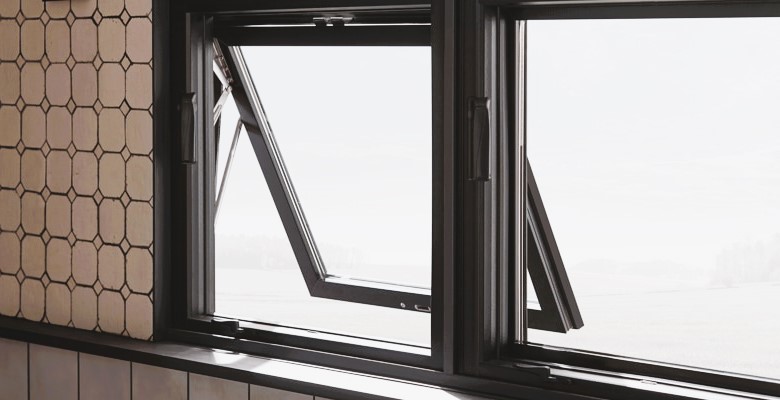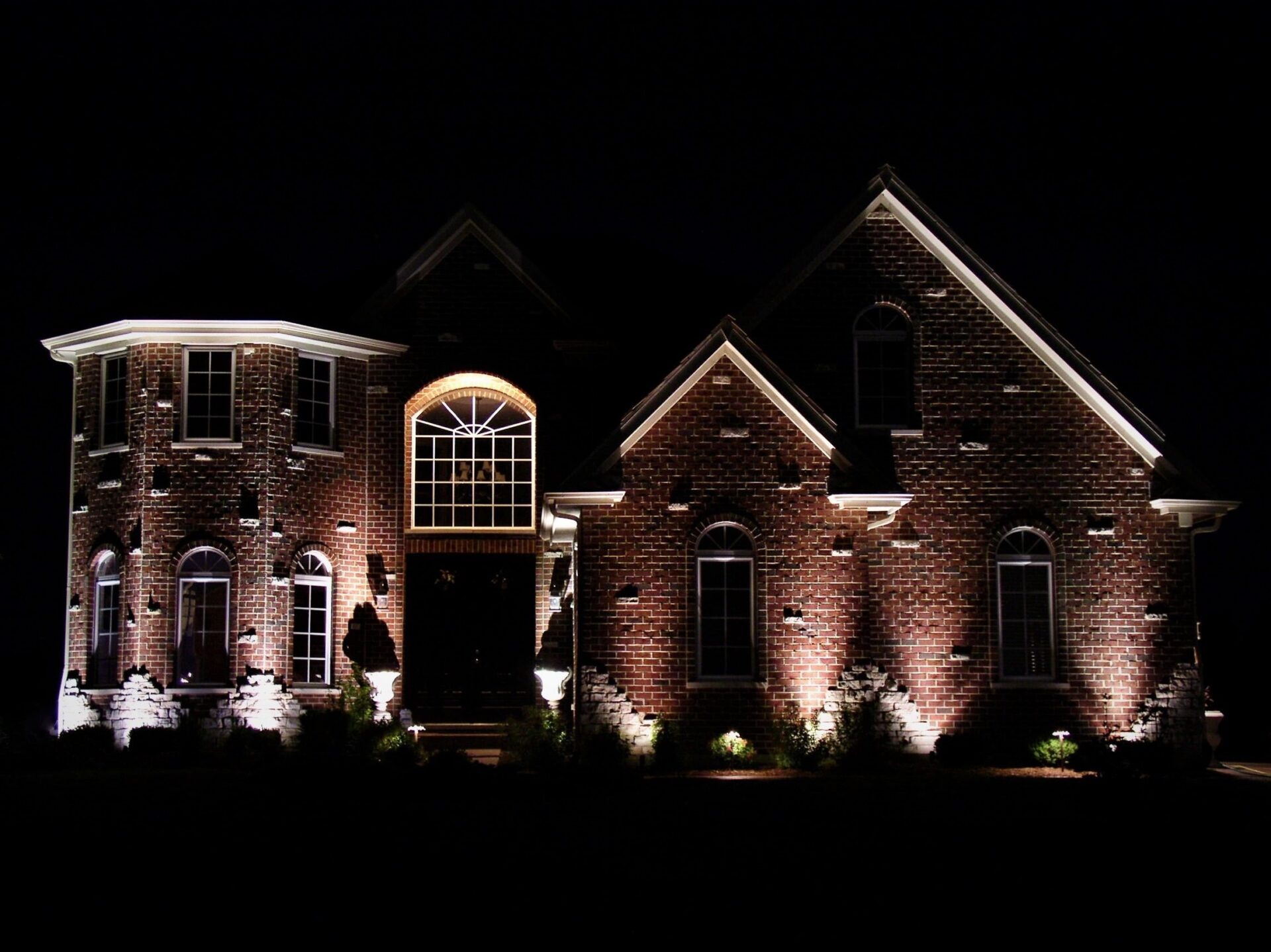When it comes to selecting windows for your Canadian home, it’s crucial to consider the weather conditions that the windows will endure. With the country’s diverse climate, ranging from cold winters to hot summers, choosing the right window frame material is essential for energy efficiency, durability, and overall comfort. In this article, we will explore the different window frame materials available and discuss their suitability for Canadian weather conditions.
- Vinyl Window Frames: Vinyl window frames are a popular choice for Canadian homeowners due to their affordability, low maintenance requirements, and excellent insulation properties. Vinyl is a durable and moisture-resistant material that can withstand extreme temperatures without warping or corroding. It provides good thermal insulation, helping to keep homes warm in the winter and cool in the summer. Additionally, vinyl frames are available in a variety of colors and styles, offering versatility in design options.

- Wood Window Frames: Wood has long been favored for its natural beauty and traditional appeal. Wood window frames provide excellent insulation and are well-suited for Canadian weather conditions. However, they require regular maintenance, including painting or staining, to protect against moisture and prevent rotting or warping. To enhance durability and weather resistance, some wood frames are treated with protective coatings. Wood frames offer a classic aesthetic that complements various architectural styles but come at a higher price point compared to other materials.
- Aluminum Window Frames: Aluminum window frames are known for their strength, durability, and sleek appearance. They are resistant to rust, making them suitable for coastal areas with high humidity. However, aluminum is a highly conductive material, which can lead to heat loss during the winter and heat gain during the summer if not properly insulated. To address this, thermal breaks can be added to the frames to improve energy efficiency. Aluminum frames are commonly used in commercial buildings but can also be found in residential applications. Smart Home Innovations: How Windows are Evolving in Canada.
- Fiberglass Window Frames: Fiberglass window frames are gaining popularity in Canada due to their exceptional durability, energy efficiency, and low maintenance requirements. Fiberglass is a robust material that expands and contracts at a similar rate to glass, making it less prone to cracking or warping. It offers excellent thermal insulation, helping to reduce energy costs and enhance overall comfort. Fiberglass frames can mimic the appearance of wood or be painted to match the desired aesthetic.
- Composite Window Frames: Composite window frames combine different materials to leverage their individual strengths. For example, a composite frame may consist of a combination of wood, vinyl, and fiberglass. This allows for enhanced durability, insulation, and weather resistance. Composite frames offer the benefits of multiple materials while minimizing their drawbacks. They can be a cost-effective alternative to all-wood frames while providing superior performance in various weather conditions.
When choosing the best window frame material, it’s important to consider factors such as insulation, durability, maintenance requirements, and aesthetic preferences. Additionally, look for windows with appropriate energy efficiency ratings, such as ENERGY STAR® certification, to ensure optimal performance in Canadian climates.

It’s also worth noting that the glazing or glass options within the window should be considered alongside the frame material. Double or triple glazing with low-emissivity (Low-E) coatings and insulating gas fills can significantly enhance energy efficiency and reduce heat loss.
In conclusion, selecting the right window frame material is essential for Canadian homeowners to withstand the diverse weather conditions experienced throughout the year. Vinyl, wood, aluminum, fiberglass, and composite materials all offer unique benefits and considerations. By evaluating factors such as insulation properties, durability, maintenance requirements, and aesthetics, homeowners can make informed decisions to choose the best window frames for their specific needs, ensuring energy efficiency, comfort, and long-term satisfaction.

